UNDP & South Centre jointly organize Capacity Building Workshop on Taxation on Digitalised Economy
The United Nations Development Programme (UNDP), through its Tax for SDGs Initiative, and the South Centre, Switzerland jointly organised a two-day capacity-building workshop on “Taxation of the Digitalised Economy” for nearly 100 officials from the Fiscal Policy Department (FPD), Inland Revenue Department (IRD), the Ministry of Finance and key private sector actors in the digital space in Sri Lanka.
The UNDP Tax for SDGs Initiative in collaboration with the South Centre’s Tax Initiative support developing countries in increasing Domestic Resource Mobilization (DRM) and achieving the Sustainable Development Goals, the UNDP said.
Domestically mobilized revenues, which form the bedrock of both development and climate finance, have been severely impacted even as they have become even more important for the recovery efforts and for reviving investments in economic and social development.
In this regard, the workshop was organized at an opportune moment as Sri Lanka embarks on a path to economic recovery and course correction, particularly addressing structural issues pertaining to government revenue. Globally too, countries are increasingly focusing efforts to strengthen domestic resource mobilization as they chart up ways to manage the severe dent caused by multiple crises.
The workshop provided a unique opportunity for stakeholders to exchange and interact with their peers and international experts on the tax challenges arising from the digitalized economy. More specifically, the workshop focused on:
(1) policy options for taxing the digitalized economy, especially Multinational Enterprises (MNEs) supplying digital services such as online advertising and platform intermediation
(2) designing a minimum effective corporate income tax
(3) presenting ongoing discussions at the global level on taxing the digitalized economy
(4) obtaining evidence and perspectives of Sri Lanka on taxing the digitalized economy
(5) creating an inclusive platform for peer learning and exchange through the knowledge & experiences of the workshop participants
The workshop commenced with opening remarks by Mr. Ranjith S. Hapuarachchi, Commissioner General, IRD. He highlighted the need for tax administration to augment revenue collection in times of the ongoing fiscal challenges in Sri Lanka and expressed hope that the workshop would be able to lay the necessary roadmap and suggest measures for the Sri Lankan administration to tax income of digital companies that is sourced from Sri Lanka.
The highly interactive workshop delivered by Mr. Sudarshan Kasturirangan, Regional Programme Specialist, Asia and the Pacific, UNDP, Mr. Abdul Muheet Chowdhary, Senior Programme Officer and Mr Kuldeep Sharma, Research Consultant – Tax, South Centre, commenced with an examination of the domestic measures being undertaken in various countries such as Digital Services Tax (DST), Equalisation Levy (EL) and Significant Economic Presence (SEP). This was followed by an in-depth examination of the treaty-based solutions available, namely Article 12B of the UN Model Double Tax Convention (UN DTC) which provides a solution for taxing income from Automated Digital Services (ADS). ADS especially include services such as online advertising, search engines, intermediation platforms, social media platforms, online gaming and cloud computing.
The workshop also covered treaty-based solutions under the UN DTC for taxing income from payments for the use or the right to use computer software under Article 12 (Royalties). This was combined with a session on Article 12A (Fees for Technical Services) which covers income from managerial, technical and consultancy services and are often delivered online.
There was a considerable amount of deliberations on the ongoing work in these areas at the UN Tax Committee and its significance for developing economies like Sri Lanka. Central to the discussion was also on the existing treaty framework in Sri Lanka concerning taxing royalties and fees for technical services, the UNDP said.
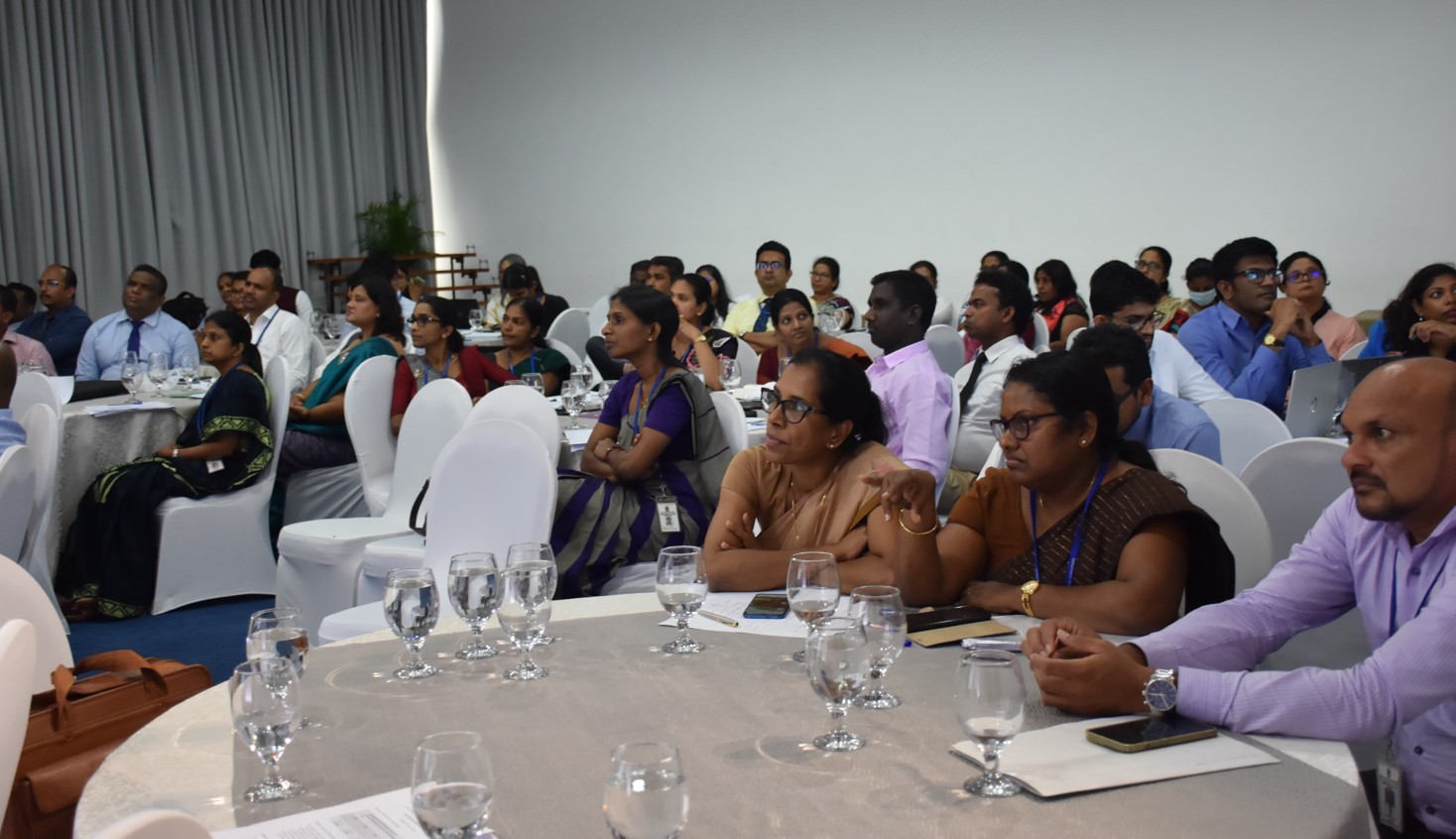
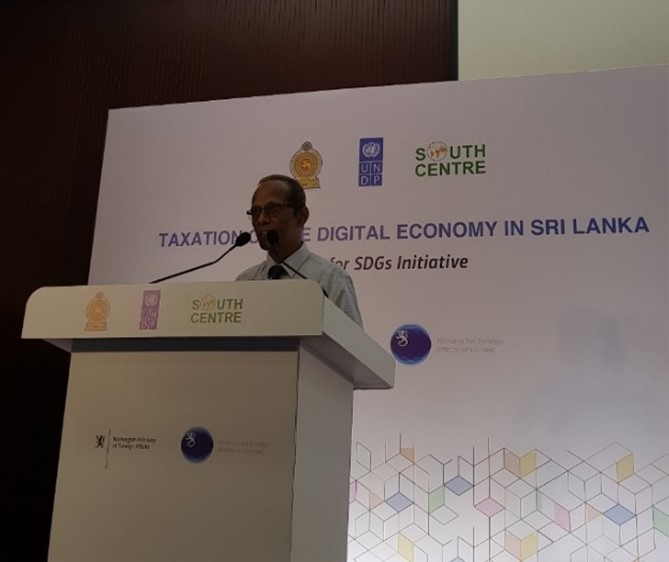
-
Still No Comments Posted.



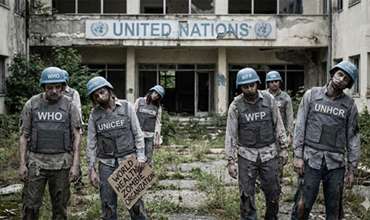





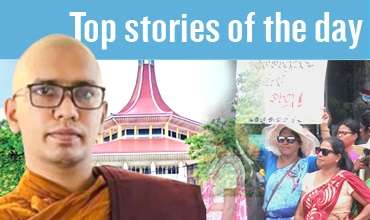

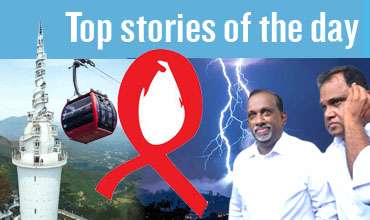


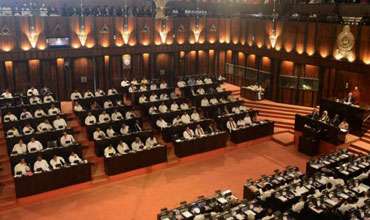

Leave Comments